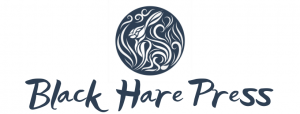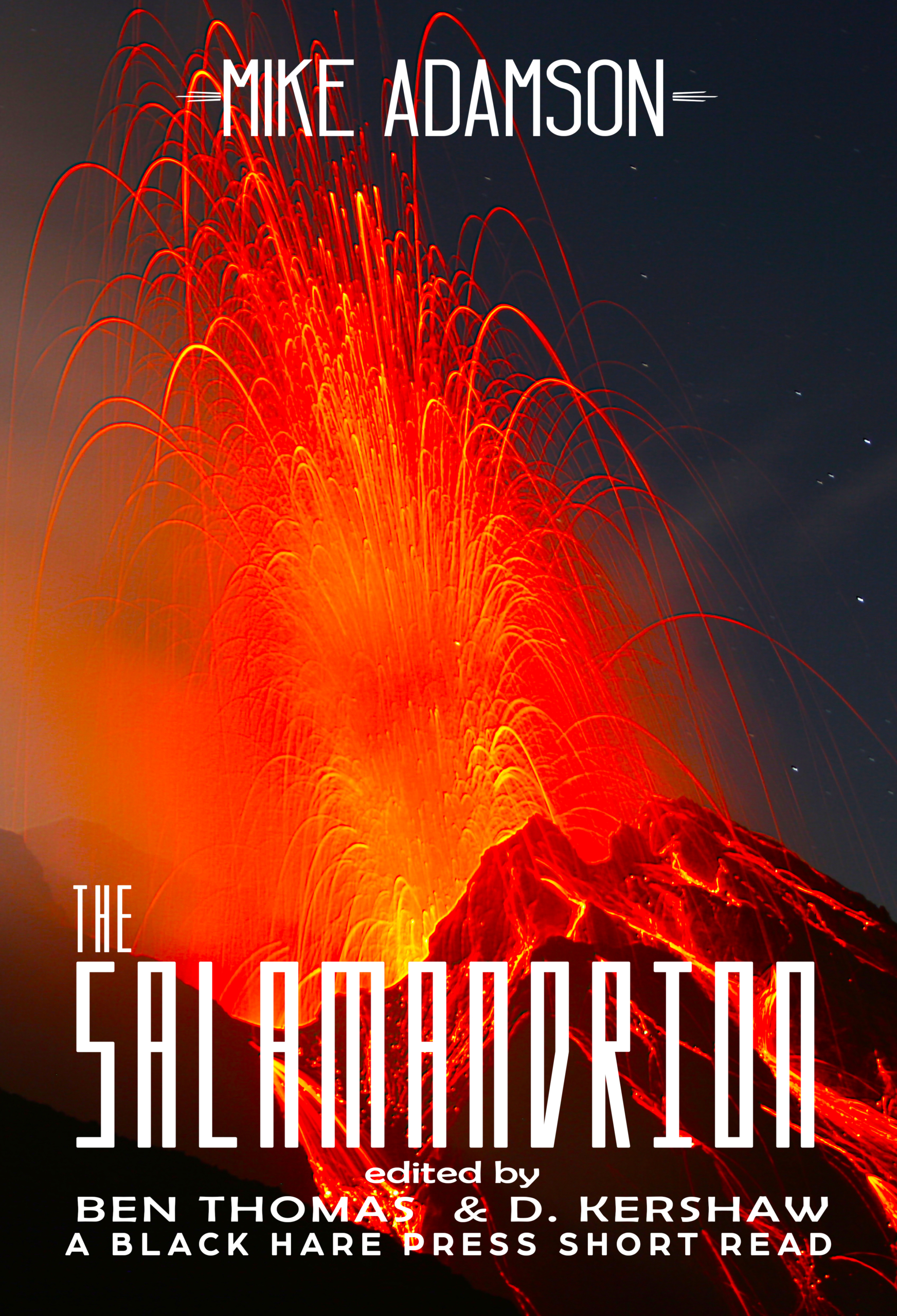Literary success, to me, would mean scoring serious novel contracts with major publishers—mainstream circulation in the higher five figures and upward, with international reach, including foreign language editions and screen rights sales. This definitely calls for agency representation, and I‘m hoping my track record, built up since 2016 in the short story market, will open that particular door. I’ve dabbled in screenwriting for the last twenty years, too, and a cross-pollination of success between fields is always possible.
What book from your childhood do you remember the best? Why?
I remember many books from childhood, the TV tie-in novels by the late J.W. Jennison, under his pen name of John Theydon, for instance, and I read A Journey to the Centre of the Earth at a tender age, but the one that stands out as the most influential to me would be Clarke’s 2001 novelisation. I read it around age ten. It was “real” science fiction, I felt, and “important,” because it dealt with big issues in a serious way. I have the same copy on my shelves today, and look back on it fondly as one of the inspirations that persuaded me I too could be a writer (and artist) in the speculative genres.
What does literary success look like to you?
Literary success, to me, would mean scoring serious novel contracts with major publishers—mainstream circulation in the higher five figures and upward, with international reach, including foreign language editions and screen rights sales. This definitely calls for agency representation, and I’m hoping my track record, built up since 2016 in the short story market, will open that particular door. I’ve dabbled in screenwriting for the last twenty years, too, and a cross-pollination of success between fields is always possible.
What kind of research do you do?
As something of a traditionalist, my first port of call is usually my home library, whether general reference texts, maps or whatever. For instance, many of my tales are set in my country of birth, England, so when starting a story in that country my first resource is an atlas, to select a locality, then I research the place, moving online for greater detail. I look up the history, the folklore, even the weather. When I write a historical, I access archived weather reports, which go back to the middle of the 19th century, and so can refer to conditions in passing, based on fact. This may make very little difference to readers, but I have the satisfaction of knowing that what I am describing is genuine. When writing Sherlock Holmes, I always access an 1895 large-scale map set of London, as it was then, for the highest possible accuracy. On balance, the internet is indispensable as a research tool, and one can often answer every question with regard to the details of a piece without leaving one’s workstation.
Did you always want to be an author?
I would have to say yes. As a child, I would look at a pad of lined paper and feel a burning inspiration to fill those sheets with some wonderful story—the lines cried out to be filled with words, but those words were entirely up to me, which gave free rein to imagination. I enjoyed composition as a school task, and would write stories in notebooks, binding them to resemble a published volume. I matured to typewriting by age twelve, and spent my mid-teens experimenting with craft, completing my first science fiction novel, a space-opera, at age sixteen.
What sparked the idea for this book?
A flash of inspiration, the sight of one of the anthropomorphised fountain eruptions, a giant of molten lava, against a dark sky—life emergent from inanimate matter, energised violently. The idea of a “planet of no return” in which explorers would encounter something hitherto unknown to science, provided the structure, and from that moment the protagonist was on a one-way ride, through fire and mystery, to the asteroid collision at the end.
Is there a particular message that you hope readers will take from the book?
If there is a message, it must surely be that we must resist the impulse to set boundaries or limitations upon the possible. Life that is not carbon based. Life on a planetary scale. Sentience, in some vast, gestalt sense. These are not new ideas, but as we move out among the stars and begin to explore, nothing is more certain than that we will be faced with situations we might have deemed highly improbable, and we will be compelled to adjust our view of universal reality. The Salamandrion is one of my Tales of the Middle Stars series, set a few hundred years in our future, and I’ve found it provides an excellent platform to examine some of the infinite possibilities alien life will represent.
And, lastly;
What’s brewing? What projects are you working on?
I’m working on a great many projects, mostly short story arcs falling in most of the main speculative genres (with an eye ultimately to single-author anthology collections), but I have recently begun to gain a foothold in mystery writing, both with my Sherlock Holmes material (several stories have found berths in anthologies and magazines to date) and my original Victorian detective series, The Inspector Trevelyan Mysteries. Also, I’m working on a new urban fantasy novel, Venatrix, which pits chaos magic against climate change in the dire decades to come. Set in Italy, it’s a pacy thriller combining magic in its modern context with corrupt industry, lethal action, future hi-tech and the horrors spat up by abused nature. It’s certainly proving entertaining to write!
I’m working on a great many projects, mostly short story arcs falling in most of the main speculative genres (with an eye ultimately to single-author anthology collections), but I have recently begun to gain a foothold in mystery writing, both with my Sherlock Holmes material (several stories have found berths in anthologies and magazines to date) and my original Victorian detective series, The Inspector Trevelyan Mysteries. Also, I’m working on a new urban fantasy novel, Venatrix, which pits chaos magic against climate change in the dire decades to come. Set in Italy, it’s a pacy thriller combining magic in its modern context with corrupt industry, lethal action, future hi-tech and the horrors spat up by abused nature. It’s certainly proving entertaining to write!




The Salamandrion by Mike Adamson – Launches 24th July 2021
/by Black Hare PressLiterary success, to me, would mean scoring serious novel contracts with major publishers—mainstream circulation in the higher five figures and upward, with international reach, including foreign language editions and screen rights sales. This definitely calls for agency representation, and I’m hoping my track record, built up since 2016 in the short story market, will open that particular door. I’ve dabbled in screenwriting for the last twenty years, too, and a cross-pollination of success between fields is always possible.
If Thine Eye Offend Thee by Mike Adamson
/by Black Hare PressDr Janice Meyerson confronts her most perplexing case: Carol Creed, a self-mutilating patient shaped by societal demands.
The Salamandrion by Mike Adamson
/by Black Hare PressIn the late 25th century, a systems analyst is called in to diagnose a strange instability in the computers of a base established on the most volcanically active planet ever encountered. What he finds shakes his understanding of reality, because this planet is not as dead as it seems, and it wants humans gone—for their own sake.